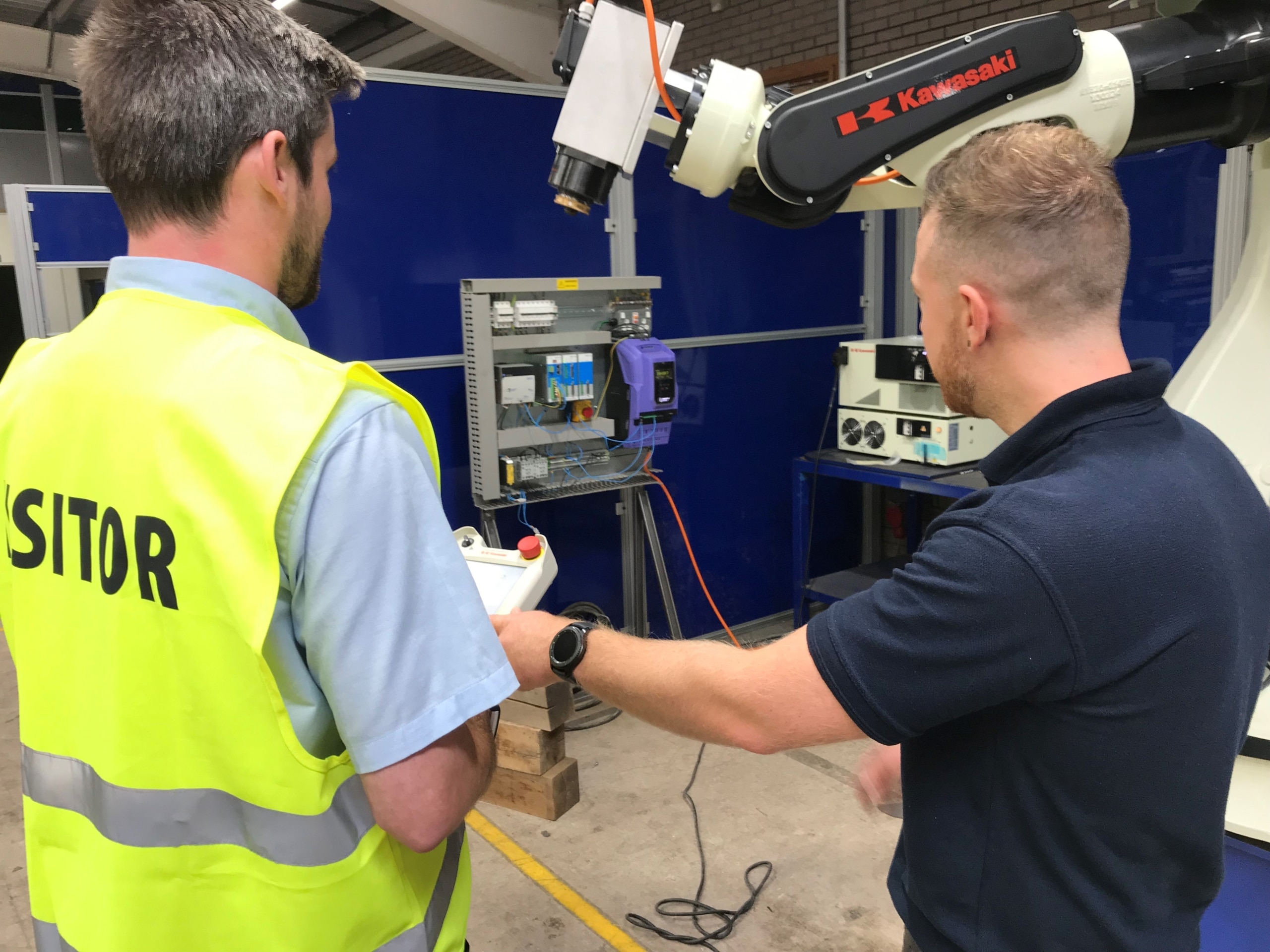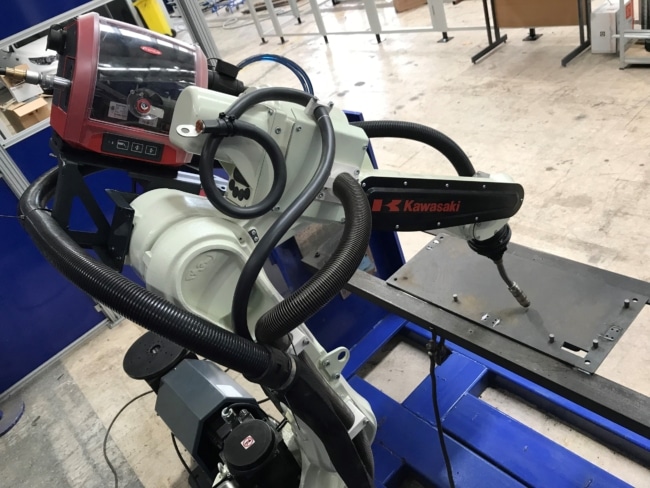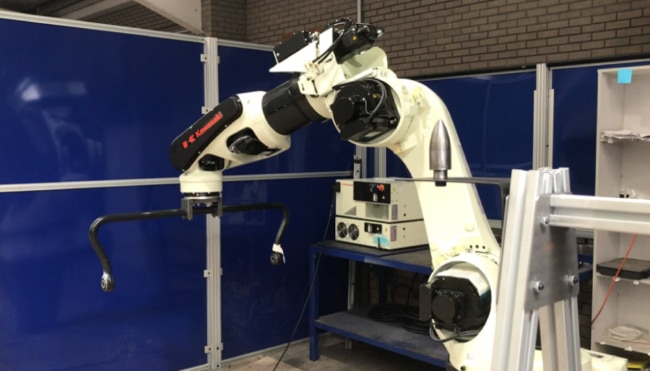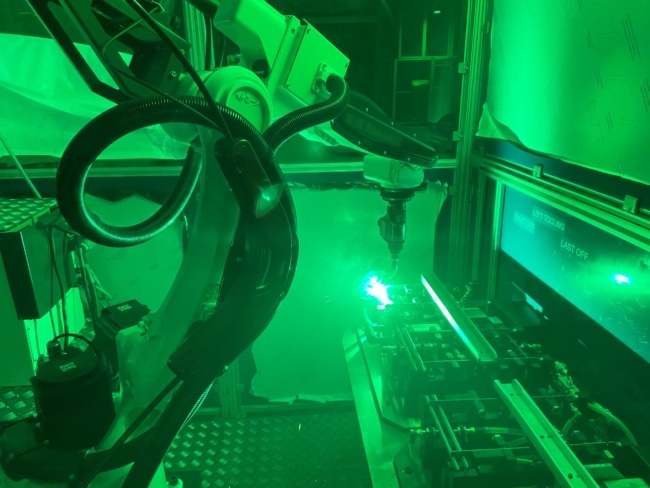Trials Without Tribulations
Prior to the purchase of any automation system, we always perform trials for the customer in one of our three specifically designed trial and prototyping bays at our factory working closely with them and their parts. This gives the entire project a head start and physical data to base everything from, be it weld distance, part manipulation or cycle time; everything the customer will need to help make a decision.
Trials also prevent headaches at the time of machine commissioning. The work done during this stage allows everything from new robot software, specific part manipulation and fixture and tooling layout to have already been decided and understood. This means that when it comes to the final parts of commission and installation, the hard part has already been done, and you are guaranteed a system that will produce to your quality.
Available at no extra cost, trials are arguably the most important part of any system and help the customer learn about the process and about us. With an assortment of robot types, from traditional arc welders to handling robots of all sizes, our range of BAURO-Arc and BAURO-MATE demo cells can also be used for more intensive trials and production runs.
Need a batch? No Worries
Real-life results can make all the difference when it comes to automation, particularly to companies making first-time investments. With that in mind, trials can be extended to a small runoff of limited parts as and when required. Using the knowledge developed in the early stages, using Bauromat’s trial bays and demonstration cells for a range of applications, small volumes of parts can be a runoff. Not only does this give firm results from the trials and prototyping, but allows all parties to see the benefits that an automation system provides.

Need to Trial an automation process? Contact us...
Trials & Prototyping FAQ's
You can test robots and applications prior to making a purchase as a proof of concept.
Usually, robot training is provided free of charge when an automation solution is purchased, although training can be provided beyond this at the cost of a robotic engineer.


